The Shah's Position on the July 14, 1958 Revolution in Iraq
The Shah's position on the July Revolution was unresponsive. Initially, he was not even willing to recognize the new Iraqi regime, because he hoped to fall through foreign intervention.
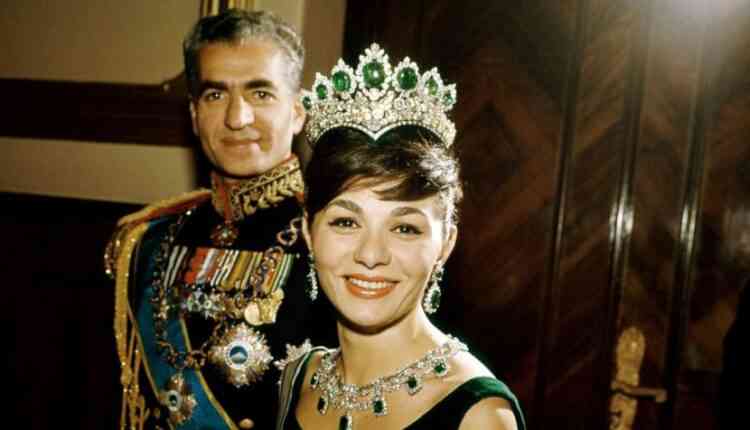
The Shah's position on the July Revolution was unresponsive. Initially, he was not even willing to recognize the new Iraqi regime, because he hoped to fall through foreign intervention. However, when many countries, including Western countries, recognized the revolutionary rule led by Brigadier Abdul Karim Qasim, the Shah was reluctant to respond to them and recognized Iraq after two weeks, as long as he pledged to respect international covenants and cooperation not only with Arab countries, but also Islamic ones.
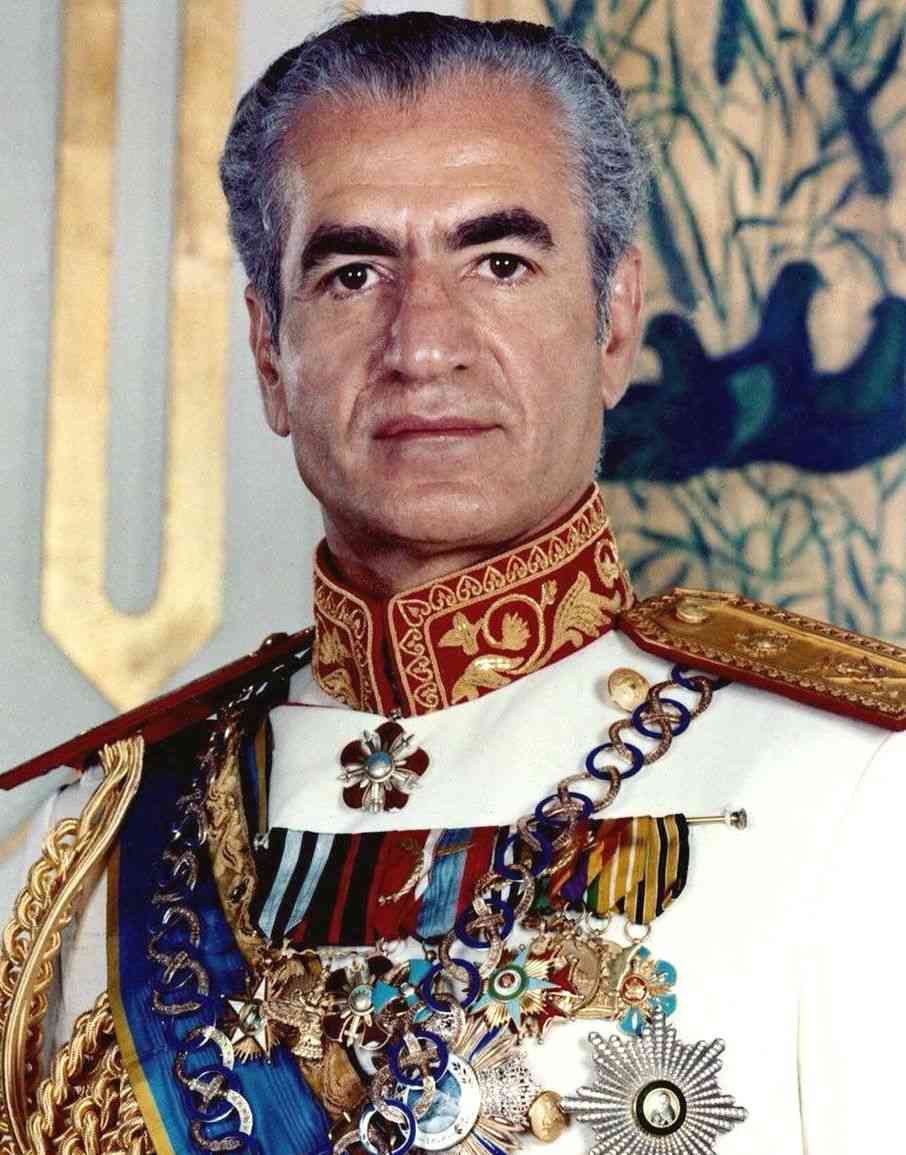
However, the Shah continued to be suspicious of the Iraqi military leaders and that the tension between the two countries remained high. It was rumored that the Shah and his royal court had panicked over the manner in which members of the royal family were assassinated in Iraq and the brutality of the killing of the angry mob with mass hysteria. Perhaps the most important thing is the overthrow of a civilian government by a military revolution.
The Shah and the civil officials in the region warned of this danger, as long as the wave of military coups that started in Egypt in 1952 was showing signs of its spread to other Arab countries. It is also an example to be followed by revolutionary military commanders or others in other countries. The sectarian current was no less warning to the Shah. The Central authority had difficulty getting rid of a coup led by the Iranian Communist Tudeh Party close to the Soviet Union.
Authorities had difficulty getting rid of a coup led by the Iranian Communist Tudeh Party close to the Soviet Union.
It is true that the new regime in Baghdad was not in the hands of the Communists, except that Ann Qasim gave way to the Communist Party to infiltrate many government departments and influence its policy. In addition, he concluded several economic and military agreements with the Soviets that encouraged the Communists to spread their propaganda and incite rebellions that may call for Soviet intervention.
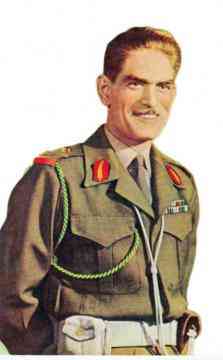
The Shah may finally sense the danger as a result of the escalation of Soviet influence in Syria and Egypt during Nasser. This is why he has reason to be concerned about the course of events in Iraq and the possibility that Iraq will join other Arab countries in the wave of anti-Westernism that has begun to surround and isolate his country from the West. Strangely enough, the Shah was largely reluctant to negotiate with Qasim and reach a formula of understanding with his regime.
After Qassim signed an agreement with the Soviet Union in 1959 and received economic and military aid from him, the United States agreed to enter into comprehensive agreements and pledge to Iran to provide assistance when exposed to an external attack.

Therefore, as the Shah expected, the United States almost did not play the role of an ally, perhaps for the main reason that it was unwilling to override the position taken by the Soviet Union in its bilateral agreement with Iraq and Qasim's incitement to enter into an official alliance with the Soviet Union. Although the Shah's expectations were not fully fulfilled, he was prepared to proceed slowly to occupy the United States to consolidate his position against the increasing Soviet influence in the Arab territories.
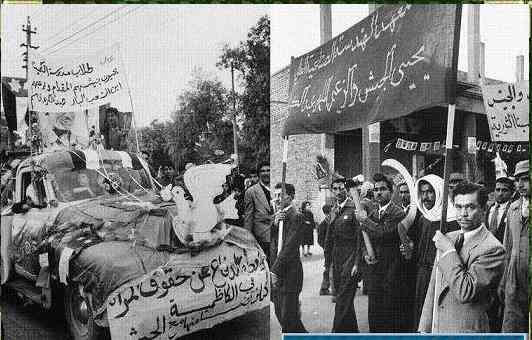
Despite America's pledges, the Shah considered the military rule in Baghdad, which came through the revolution, untrustworthy and tried to distort the rule of Qasim and perhaps replace him with another government more appropriate to him. To achieve this goal, the Shah started raising the problems and issues that had existed between Iraq and Iran since ancient times by reviving border disputes between the two countries and supporting the Kurds in the Iraqi lands to weaken the status of Qasim
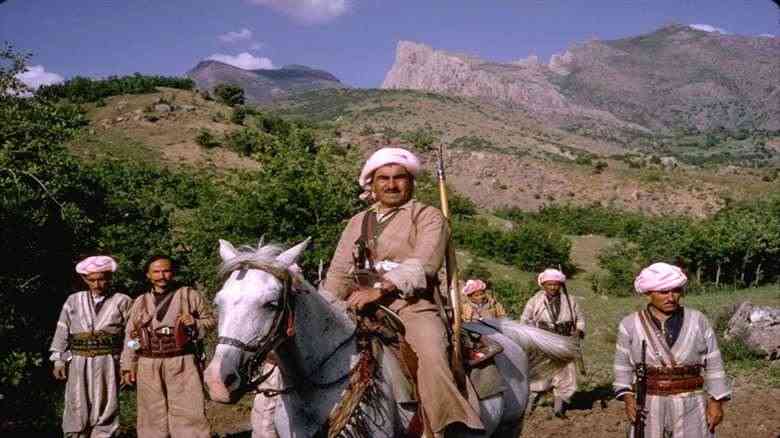
Resource :
The roots and contents of the Iraqi conflict - Iranian / Professor Majid Khadduri
For more details see :-
The Foreign Policy of the Republic of Iraq 1958-1963 / Dr. Naseer Mahmoud Shukr
Thanks

